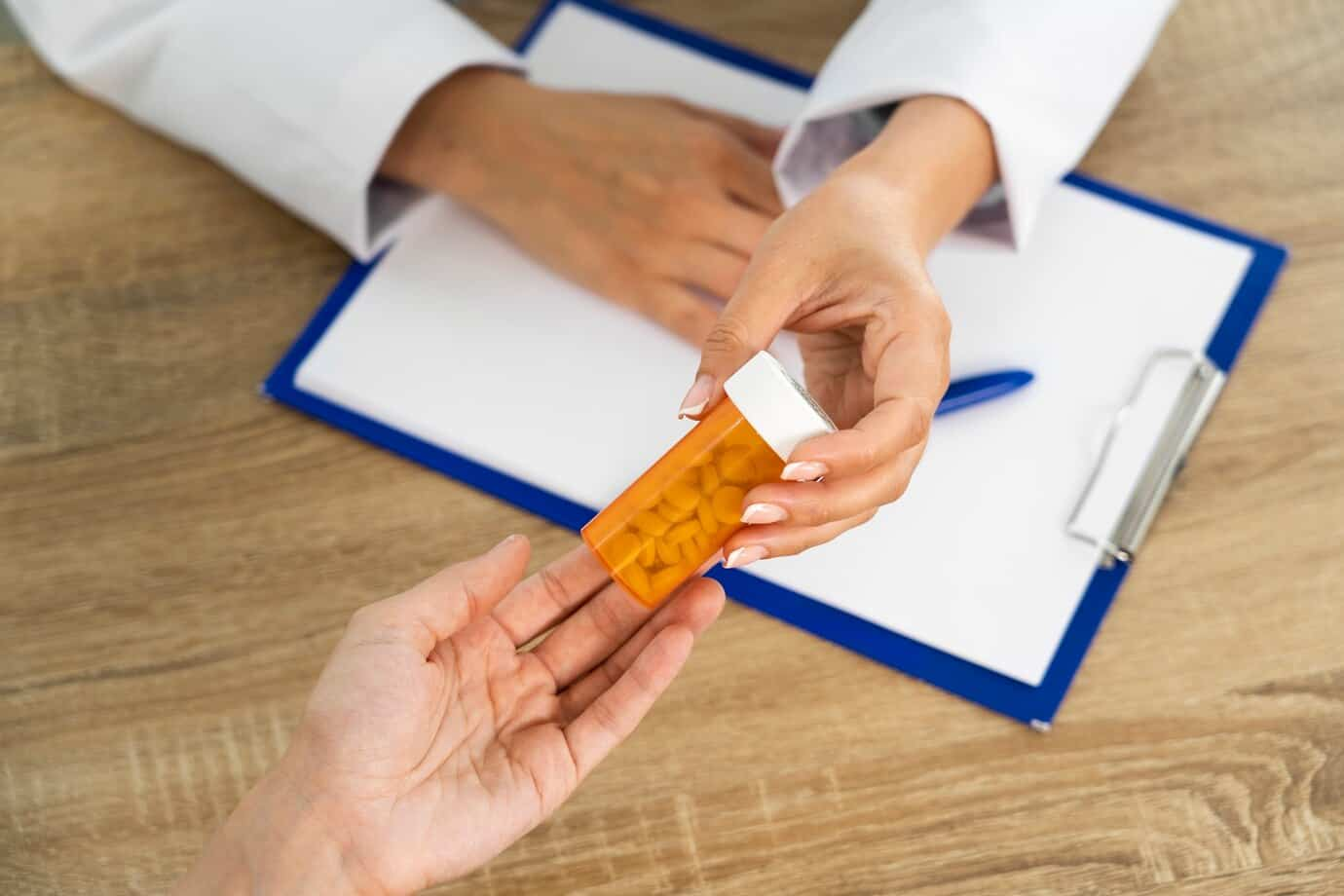


A drug license is a legal permit. It allows a company or individual to manufacture, sell, stock, distribute, or import drugs.
A drug license is a legal permit. It allows a company or individual to manufacture, sell, stock, distribute, or import drugs. Without it, you can’t legally deal with pharmaceuticals in most countries, including India. Whether you’re working in retail, wholesale, contract manufacturing drugs, or drug research—this license is mandatory.

Let’s go through what a drug license is, why it matters, the types available, the documents you need, and how long it’s valid.
A drug license is issued by a government authority under the Drugs and Cosmetics Act, 1940. It’s designed to make sure drugs are safe, effective, and not misused. If you are handling drugs in any way, you need this license to operate legally.
It applies to:
Retailers
Wholesalers
Importers
Exporters
Manufacturers (including contract drug manufacturing)
Research organizations involved in drug discovery and clinical trials
This system ensures that only authorized entities can make or sell drugs, protecting patients and maintaining product quality.
Without a drug license, operating in the pharma industry is illegal. Here’s what a license ensures:
Drugs are handled by qualified individuals
Storage conditions meet safety standards
Products meet the quality guidelines
Distribution is traceable and controlled
Public health is not put at risk
It’s also key for contract manufacturing drugs. Even if you don’t sell the final product yourself, you still need a license to legally manufacture for someone else.
There are several types, based on the activity and scope of work. Below are the main categories.
Issued to shops selling drugs directly to customers. It’s for pharmacies or chemists where prescription and over-the-counter medicines are sold.
Requirements:
Registered pharmacist required
Suitable premises (minimum floor area, air conditioning, refrigeration)
Adherence to storage conditions
For companies that sell drugs in bulk to retailers, hospitals, or other wholesalers.
Requirements:
Premises and storage standards
Qualified person (either a registered pharmacist or someone with relevant experience in drug sales)
Issued to manufacturers producing drugs for sale or distribution. This includes:
Own-brand manufacturing
Third-party or contract manufacturing drugs
In contract drug manufacturing, you make products for other companies under their brand names. A valid license is still needed for the manufacturing unit.
Requirements:
GMP-certified premises
Qualified technical staff (pharmacist, chemist, microbiologist)
Testing facilities
Used when a company doesn’t own a manufacturing facility but wants to produce drugs using a third-party manufacturing unit.
Example: You don’t have a plant, but you get drugs made under your brand name at a licensed facility. That’s where a loan license comes in.
For businesses importing drugs or raw materials (APIs) into the country.
This license is crucial for:
International pharma companies selling in India
Indian companies importing specialized drugs or ingredients
Required for manufacturing or importing drugs meant strictly for testing or analysis. This is common in drug discovery and clinical trials.
No sale or distribution is allowed under this license.
The documents and conditions vary depending on the license type, but here’s a general list of what’s typically needed.
You must submit the correct form based on the license type:
Form 19 for retail/wholesale
Form 24 for manufacturing
Form 12 for test license
Usually includes:
PAN card
Aadhaar card
Utility bill or rental agreement for premises
Ownership or rental documents
Blueprint or layout
Minimum area: often 10–15 square meters for retail/wholesale
Air conditioning and refrigerator
For retail:
Registered pharmacist with state pharmacy council
For wholesale:
Pharmacist or graduate with at least one year of experience
Or an undergraduate with four years’ experience
For manufacturing:
Technical staff with degrees in pharmacy, chemistry, or microbiology
Cover letter
Declaration form
Affidavit confirming no criminal conviction related to drugs
Site plan and location map
Manufacturing units need to meet Good Manufacturing Practices (GMP) and Good Laboratory Practices (GLP) standards. This ensures drug safety, consistency, and traceability.
If you’re working in the pharma sector, a drug license isn’t just a formality. It’s a legal requirement. Whether you sell medicines in a shop, manufacture products through contract drug manufacturing, or are involved in drug discovery and clinical trials, you need to understand what type of license applies to you.
